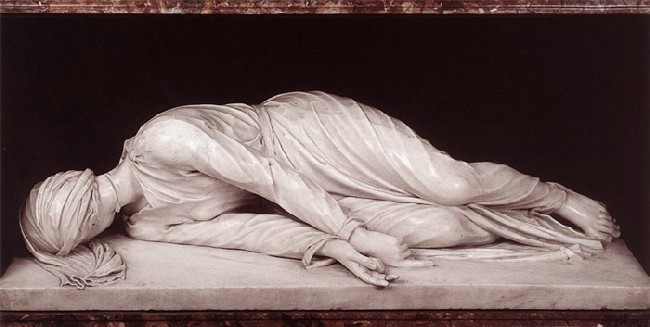After my morning divine office, I read the day’s section of the Rule of St. Benedict. Many versions of the Rule divide the text into sections for reading each day so that during the calendar year you will read through the Rule three times. Today I read part of chapter 18 — “In What Order the Psalms Are to Be Said” which states:
“We strongly recommend, however,
that if this distribution of the Psalms is displeasing to anyone,
he or she should arrange them otherwise,
in whatever way he or she considers better,
but taking care in any case
that the Psalter with its full number of 150 Psalms
be chanted every week
and begun again every Sunday at the Night Office.”
St. Benedict (summary of his spirituality and life) illustrates one of the strengths of his Rule in the passage quoted above. He gives an instruction, but also allows for modifications. This shows great trust in the guidance of the Holy Spirit and the wisdom of those who, understanding the principle behind a particular instruction in the Rule, should be free to apply that principle to a particular setting in the future.
I try to apply that Benedictine principle in my life as an oblate. What is the principle to be applied?
There is much freedom in the Benedictine way, but note that along with that freedom there is actually more responsibility — mindlessly following a set of rules misses the deeper point of the wisdom. I must understand the living principle not the dry rule. Very Benedictine.
Saturday, October 25, 2008
Change what you don’t like. A Benedictine oblate blog
Subscribe to:
Post Comments (Atom)







Colleen, thank you so much. I am always glad to meet another oblate online!
ReplyDeleteYou are so right -- St. Benedict understood how to bring the Spirit into the most ordinary and routine tasks.
Has anyone heard about a group of oblates in the Anglican church (Church of England)? It seems to be run by a Rev. Patrick Allen, who was the vicar at The Church of the Ascension, Lavender Hill, Clapham, S. London. He is now in Plymouth.I believe they're calling themselves "Benedictine Oblates Regular of Christ the King." I wonder how they express the Benedictine charism.
ReplyDeleteNo, I have not heard of them.
ReplyDelete